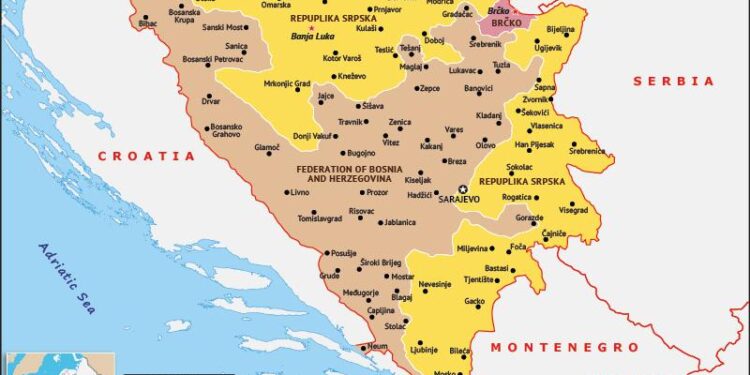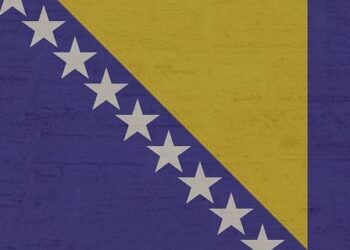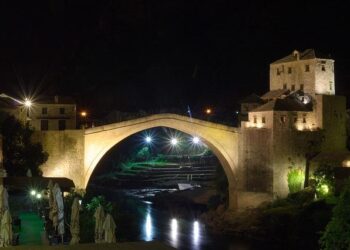Three decades after the Dayton Agreement ended the brutal conflict in Bosnia and Herzegovina, the nation remains mired in political stagnation and ethnic division. Despite countless international efforts and billions in aid aimed at fostering unity and stability, Bosnia and Herzegovina continues to struggle with ineffective governance, economic challenges, and unresolved inter-ethnic tensions. A recent report by The Heritage Foundation paints a stark picture of persistent failure in nation-building efforts, raising pressing questions about the future of this Balkan state and the role of the international community in securing lasting peace.
Nation-Building Challenges Rooted in Ethnic Divisions and Political Fragmentation
Ethnic divisions in Bosnia and Herzegovina have created a complex mosaic of identities that continuously obstruct efforts to form a unified national polity. The Dayton Agreement, while halting active conflict, institutionalized ethnic power-sharing that has entrenched political fragmentation and cemented the dominance of three main ethnic groups: Bosniaks, Croats, and Serbs. This framework has resulted in overlapping jurisdictions and rival administrations, rendering governance inefficient and perpetuating deep-seated mistrust. The political elite often prioritize ethnic interests over national coherence, undermining initiatives for genuine reconciliation and socio-economic progress.
Key consequences of these divisions include:
- Stalemate in constitutional reforms essential for state functionality.
- Duplication of institutions leading to inflated public spending.
- Weak central government incapable of enforcing nationwide policies.
- Persistent ethnic segregation in education and public life.
| Ethnic Group | Political Representation | Administrative Complexity |
|---|---|---|
| Bosniaks | 33% | High |
| Croats | 17% | Medium |
| Serbs | 34% | High |
Economic Stagnation and the Impact on Social Cohesion in Bosnia and Herzegovina
Strategic Policy Recommendations for Sustainable Governance and National Unity
To break the cycle of political stagnation and ethnic division, Bosnia and Herzegovina must implement
bold governance reforms anchored in transparent and inclusive decision-making processes. Prioritizing the decentralization of power while ensuring a robust central authority can help harmonize conflicting interests between entities. Furthermore, fostering an environment where civic identity takes precedence over ethnic allegiances is crucial, necessitating comprehensive educational reforms that promote shared history and democratic values across all communities.
Key strategic actions include:
- Institutional overhaul: Reform electoral laws to minimize ethnic-based voting, promoting cross-community cooperation.
- Judicial independence: Strengthen the judiciary to uphold rule of law impartially and combat corruption effectively.
- Economic integration: Develop joint infrastructure and economic projects to create interdependencies and reduce ethnic tensions.
- International engagement: Utilize international diplomatic channels to monitor progress and mediate disputes with credible consequences.
| Policy Focus | Expected Outcome | Timeframe |
|---|---|---|
| Electoral Reform | Reduced ethnic polarization | 2-3 years |
| Judicial Independence | Increased public trust | 3-5 years |
| Economic Collaboration | Improved regional stability | 5 years and beyond |
| International Oversight | Accountability and compliance | Ongoing |
Wrapping Up
As Bosnia and Herzegovina marks three decades since the Dayton Accords, the ongoing challenges in nation-building continue to hinder its path toward stability and prosperity. The Heritage Foundation’s analysis underscores the persistent political fragmentation, economic stagnation, and social divisions that have stalled progress. Without significant reforms and renewed commitment from both domestic leaders and the international community, the prospects for a cohesive and functional state remain uncertain. As the country grapples with its complex legacy, the next chapter in Bosnia and Herzegovina’s history will depend on its ability to overcome longstanding obstacles and forge a common national identity.














